10 Signs Your Child Might Be Gifted, According to Neuroscience
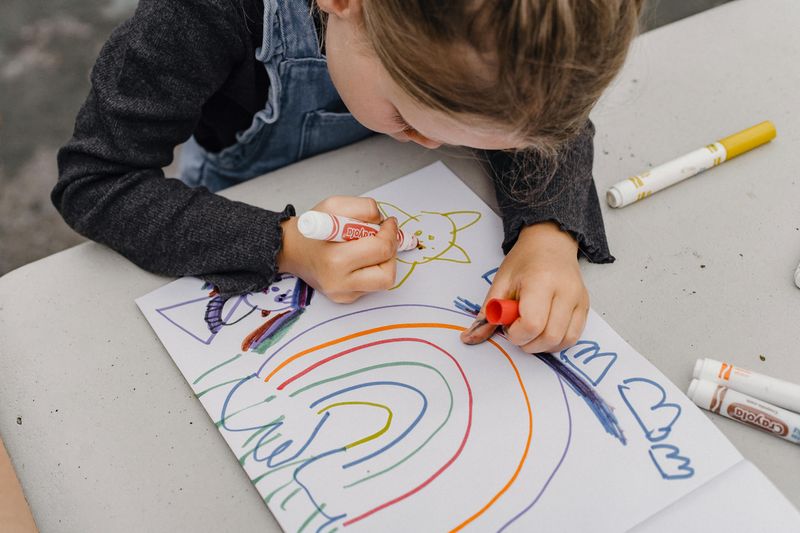
Parents often wonder if their child’s unique behaviors indicate something special beyond typical development. Neuroscience has identified specific patterns in gifted children that manifest early in their cognitive and emotional development. Understanding these signs can help parents provide appropriate support and enrichment for their exceptionally talented youngsters.
1. Rapid Learning and Memory That Astounds
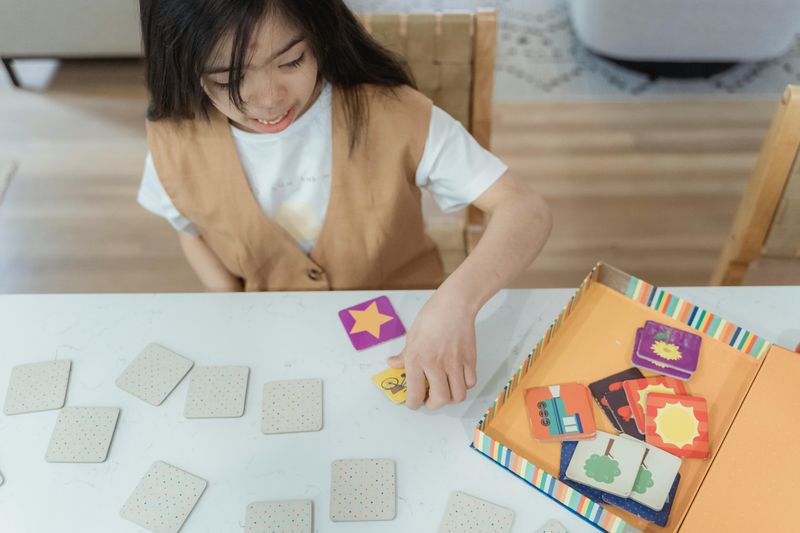
Your little one might remember conversations from months ago with surprising detail, or master new concepts after just one explanation. This remarkable memory isn’t just about facts—it extends to experiences, stories, and even casual mentions that most children would quickly forget. Brain research shows gifted children often have enhanced neural connections in memory-related areas. They process information differently, creating stronger memory pathways and retrieving stored knowledge more efficiently than their peers. Watch for signs like remembering complex directions without reminders, recalling specific details from books read long ago, or learning new skills with minimal repetition. This exceptional memory capacity often appears before age five and continues to develop as they grow.
2. Vocabulary That Surprises Adults
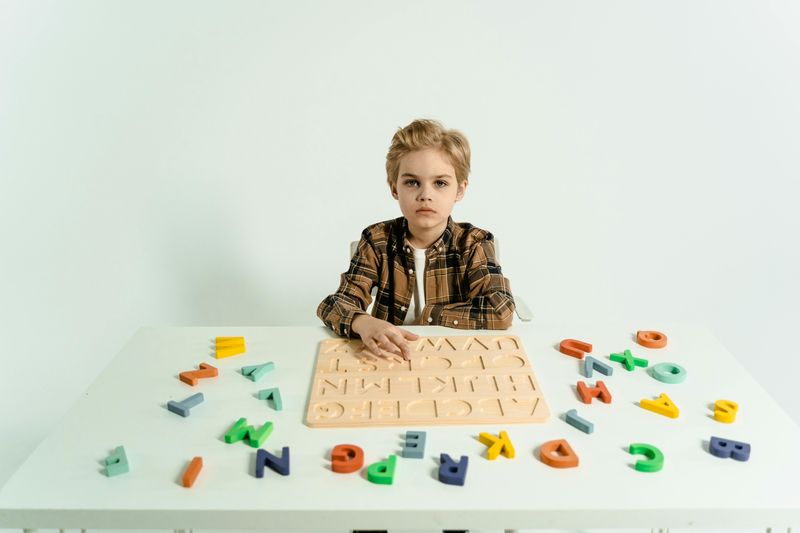
When your five-year-old casually uses words like “extraordinary” or “hypothesis” in perfect context, you might be raising a gifted child. These language prodigies often speak earlier than peers and quickly develop sophisticated sentence structures that mirror adult speech patterns. Neuroscientists have observed enhanced activity in the language centers of gifted children’s brains. Their Broca’s and Wernicke’s areas—regions responsible for language production and comprehension—show patterns similar to those of much older children. Beyond vocabulary, look for nuanced language understanding: appreciating puns, detecting subtle meanings in conversations, or showing fascination with etymology. Many gifted children read far above grade level, sometimes teaching themselves to read before entering school.
3. Questions That Never Stop Coming

“But why does gravity pull down and not sideways?” The hallmark curiosity of gifted children goes beyond typical childhood questioning. Their inquiries often explore abstract concepts, philosophical ideas, or scientific principles that most adults find challenging to answer. Brain scans reveal heightened activity in the prefrontal cortex—the brain’s curiosity center—of gifted children. This neurological difference drives their relentless pursuit of knowledge and understanding, making them intellectual explorers from an early age. Pay attention if your child persistently investigates topics with unusual depth, connects seemingly unrelated concepts, or becomes frustrated when answers lack sufficient detail. This intense curiosity isn’t just about quantity of questions but their quality and complexity—a sign their brain craves deeper understanding.
4. Laser-Like Focus on Passion Projects
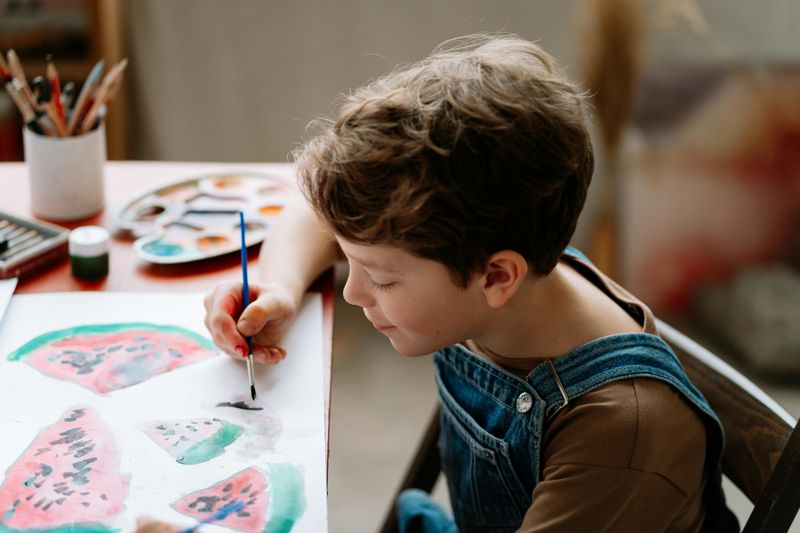
A six-year-old spending three hours constructing an intricate LEGO city might signal exceptional cognitive abilities. Gifted children often display remarkable concentration when engaged with subjects they love, entering what psychologists call a “flow state” where time seems to disappear. Neuroimaging studies show gifted children experience unique activation patterns in their executive function networks during deep focus. Their brains filter out distractions more effectively while maintaining attention on complex tasks—a capability typically associated with much older individuals. This hyperfocus might appear inconsistent since these same children can seem fidgety during less stimulating activities. The contrast is telling: when truly engaged, they demonstrate persistence, attention to detail, and frustration tolerance far beyond their years, often refusing breaks until they’ve completed their self-assigned missions.
5. Problem-Solving From Unexpected Angles

The moment your child solves a puzzle using a method you never considered might be your first clue to their exceptional abilities. Highly gifted children approach problems from unique perspectives, often finding solutions that adults miss entirely. Neuroscience research indicates these children have enhanced neural connectivity between different brain regions. This allows them to make unusual connections between concepts and draw from diverse knowledge areas when tackling challenges. Watch for signs like creative workarounds to everyday problems, innovative approaches to games or puzzles, or the ability to mentally test multiple solutions before acting. Many gifted children also show metacognition—thinking about their own thinking—analyzing not just what they know but how they know it, a sophisticated cognitive skill rarely seen in young children.
6. Emotional Intelligence Beyond Their Years
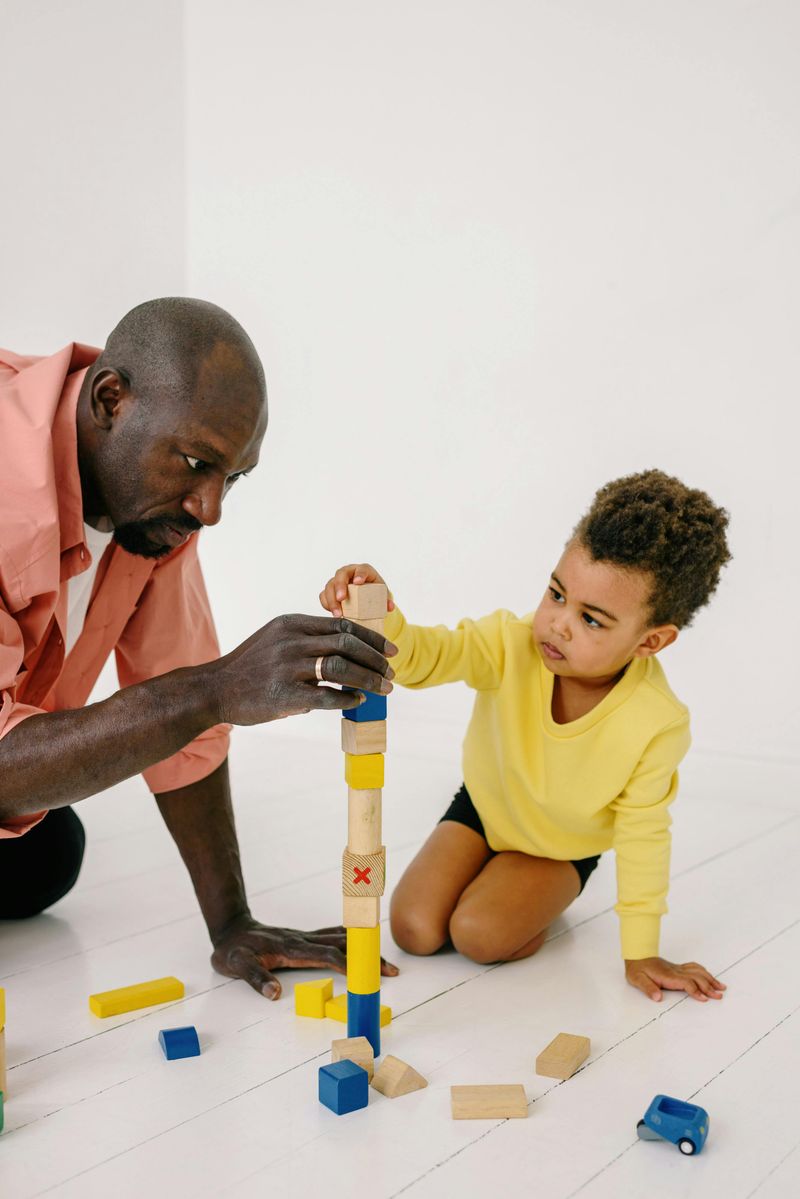
When your young child notices a stranger’s subtle mood shift or expresses deep concern about global issues, you’re witnessing advanced emotional intelligence. Such children often display remarkable sensitivity to others’ feelings and moral complexity that seems beyond their years. Brain research reveals enhanced activity in the limbic system and mirror neuron networks of gifted children. These neural differences allow them to process emotional information more deeply and respond with unusual empathy to others’ experiences. Look for behaviors like mediating conflicts between friends, showing compassion toward struggling classmates, or expressing nuanced understanding of complex social situations. This heightened sensitivity can be both a strength and challenge—while it enables profound human connection, it may also lead to feeling overwhelmed by others’ pain or societal injustices.
7. Imagination That Creates Whole Worlds

The elaborate fantasy kingdom your child has been developing for months—complete with its own language, geography, and social structure—might signal exceptional giftedness. Creative thinking in highly gifted children often manifests as rich imaginary worlds, innovative solutions, or artistic expressions that surprise adults with their complexity. Neurologically, gifted children show increased activity in the brain’s default mode network—regions associated with imagination, creativity, and self-generated thought. This heightened neural activity supports their ability to generate original ideas and make unexpected connections. Notice if your child invents complex games with detailed rules, creates stories with sophisticated plots, or produces artwork with unusual depth. Many gifted children also show intellectual playfulness—approaching serious topics with humor and wordplay that reflects both creativity and advanced cognitive processing.
8. Gravitating Toward Older Friends and Adults

Your seven-year-old might prefer discussing dinosaur evolution with your neighbor who’s a biology professor rather than playing tag with classmates. This social pattern—seeking out older companions—frequently appears in gifted children who crave intellectual stimulation matching their cognitive abilities. Neurologically, gifted children’s brains often develop asynchronously. Their cognitive functions may operate at levels years ahead of their chronological age, while their emotional or physical development progresses more typically, creating a disconnect with same-age peers. Pay attention if your child seems more comfortable in multi-age settings, gravitates toward adult conversations at gatherings, or forms friendships with significantly older children. This preference doesn’t necessarily indicate social problems but rather reflects their search for peers who share their intellectual interests and communication style—companions who can keep up with their advanced thinking.
9. Humor That Catches You Off Guard

When your six-year-old cracks a perfectly timed pun or delivers deadpan irony that makes the whole family laugh, you’re witnessing a cognitive sophistication rare in young children. Advanced humor comprehension requires multiple complex brain functions working together—understanding context, detecting incongruity, and processing subtle linguistic or social nuances. Research shows gifted children often grasp humor types typically understood years later in development. Their brains process the cognitive dissonance in wordplay, situational irony, or satirical humor with unusual efficiency, allowing them to both appreciate and create sophisticated jokes. Listen for humor that involves complex wordplay, references to abstract concepts, or subtle observations about human behavior. Many gifted children use humor as an intellectual playground and social connection tool, though they might be puzzled when age-peers don’t understand their jokes.
10. Feelings That Run Deep and Wide

Tears streaming down your child’s face during an orchestral performance or their fierce indignation about environmental issues might signal more than just sensitivity—it could indicate the emotional intensity common in highly gifted children. Their emotional experiences often have unusual depth, complexity, and range compared to their peers. Neuroscience research suggests this intensity stems from heightened sensory processing and stronger connections between cognitive and emotional brain centers. Their brains may process emotional stimuli more thoroughly, creating richer and more nuanced emotional responses. Watch for signs like profound reactions to music or art, deep empathetic responses to others’ situations, or passionate advocacy for causes they believe in. This emotional depth can be challenging for both the child and parents to navigate but represents an important aspect of their gifted neurology—one that often contributes to their creativity, empathy, and moral development.

Comments
Loading…